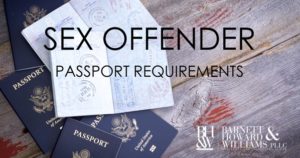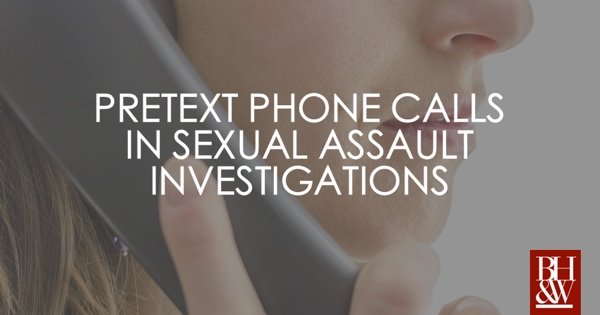Megan’s Law and the Implications for Passports of Registered Sex Offenders
 In February of 2016, we wrote about President Obama signing Megan’s Law and the implications that the law would have on passports.
In February of 2016, we wrote about President Obama signing Megan’s Law and the implications that the law would have on passports.
Effective January 11, 2018, in accordance with Megan’s Law, the U.S. State Department has started to revoke passports issued to registered sex offenders. The law was passed October 31, 2017 but is now in effect. This law prevents the Department of State from issuing passports to sex offenders without a unique identifier printed on the person’s passport and authorizes the State Department to immediately revoke all passports currently held by registered sex offenders that do not contain this identifier.
Required Endorsement for Sex Offender Passports
Passports re-issued to registered sex offenders will now bear an endorsement on the passport, which will read:
“The bearer was convicted of a sex offense against a minor, and is a covered sex offender pursuant to 22 United States Code Section 212b(c)(l).”
According to federal law, endorsements cannot be printed on passport cards, so qualifying individuals will not be issued passport cards.
This new procedure by the State Department does not prohibit registered sex offenders from leaving the country. But, it certainly leads to the presumption that this identifying marker on these passports could very likely lead to these individuals being denied entry into other countries.
In the coming weeks, the Department of State will be sending letters to those individuals covered under this law notifying them that their passports are now revoked.
There are a wide number of crimes that can lead to a person being on the sex offender registry. These crimes can include sexual assault of a child, indecency with a child, online solicitation of a minor and viewing or sharing child pornography (either inadvertently or on purpose).
For more information, visit the Department of State website.










